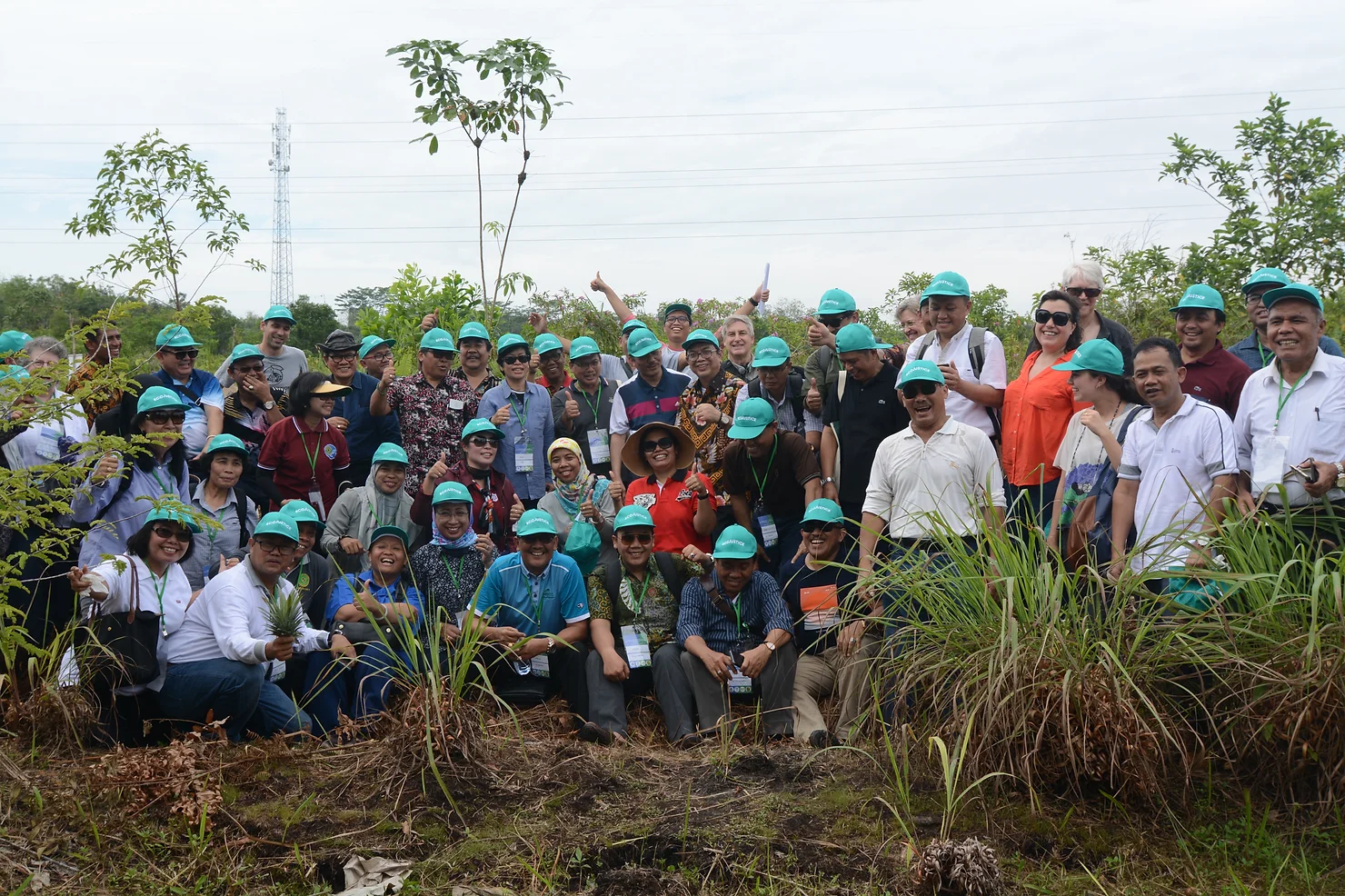Jul 1, 2018

In the lead-up to the WILDS Projects, a number of our collaborators contributed to a workshop in Riau, Indonesia. In June 2018, it brought together 37 high-court environmental judges from across Indonesia for a 5-day workshop on valuing environmental harm. This included judges who have ruled on Indonesia’s most important environmental cases, with inputs from experts such as Justice Meredith Wright (ret.), who established the world’s first environmental court in Vermont; Dr. Carol Jones, who served as chief economist in developing the damage claim following the Exxon Valdez oil spill, and Prof. Bambang Hero, who has served as expert witness on a majority of peatland fire cases in Indonesia. Indonesia is a pioneer in addressing environmental harm through its court system. This includes cases that are unique in the world, which pursue perpetrators of large-scale environmental harm with litigation to recover funds for restoration. While similar approaches have been taken in the US (and a small number of other countries) to address oil spills, their application to issues as deforestation is trend-setting.
The workshop was organized by the Environmental Law Institute (ELI) and Indonesian Centre for Environmental Law, with support from Bogor Agricultural University and Lancaster Environment Centre, with funding from the Swedish Postal Foundation. This workshop focused on leading challenges operationalising liability for environmental harm, including judges’ ability to understand scientific data, dealing with scientific uncertainty, and methods to value environmental harm. Jacob spoke about issues of dealing with uncertainty and causal pathways of environmental harm.
Text are copied from https://jacobphelps.wixsite.com/wilds
The WILDS Project is supported by the UK Government through the Illegal Wildlife Trade (IWT) Challenge Fund.
As its contract, the project ends May 31, 2021.